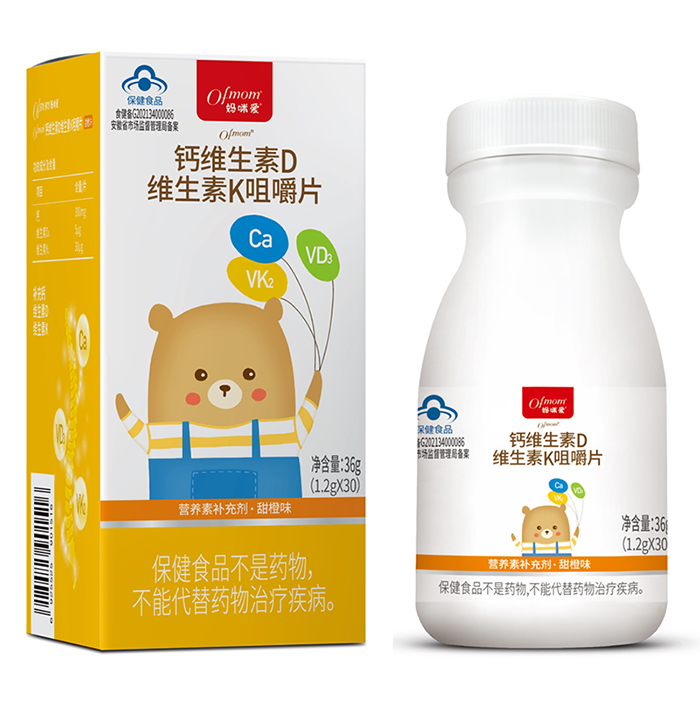You
may think your kids are taking the appropriate amount of calcium through
calcium-rich food and calcium supplements. However, it doesn’t necessarily mean
that your kids are completely free from calcium deficiency. Here are the things
that you need to be careful about when it comes to proper calcium intakes.
This
deficiency may be due to your child’s lifestyle habits. As we are all used to
salty food, kids are naturally prone to be exposed to high-sodium diets. When
growing children excessively consumes salt, it increases calciuria which
depletes calcium stores in the body.
A high-salt
diet is one of the major risk factors for osteoporosis. Some snacks that are
loved by children, such as chips and fruit jelly, still contain a lot of salt.
Therefore, it is best to consume them with looking at its sodium content. Soft drink, such as soda drinks and coffee, can also lead to
calcium deficiency. Phosphoric acid in soda forms calcium phosphate, which
hinders calcium absorption. Caffeine in coffee also increases calcium loss. So
it is encouraged to drink water instead of soft drinks.
Moreover,
lack of exercise may lead to calcium deficiency as well. When you don’t have
enough work out, the demand and use of calcium will decrease, and bone density
will also end up decreasing. Exercise is important in keeping bones
healthy in that it stimulates bone tissue and mobilization of calcium stores.
Jumping rope and swimming is helpful for bone growth.
Apart
from reducing calcium loss, you may need to take smarter ways to supplement
calcium. When it comes to calcium supplement, the key is to how to let your
bone properly absorb calcium. To do this, you may need to take vitamin K2, as
it boosts osteocalcin and activates bone-associated protein, and it also
transport calcium to bones.

Mamiai
Calcium Vitamin KD Chewable Tablets have obtained the dietary supplement
certification mark (G202134000086). It has a sweet and delicious fruit flavor,
so children can easily intake.
There are a few signs of calcium
deficiency. If calcium is depleted in your kids’ body, they may experience
growth retardation, cramps, knee pain, joint pain, and other symptoms. To
prevent calcium deficiency, it is recommended to pay attention and properly
supplement calcium.
